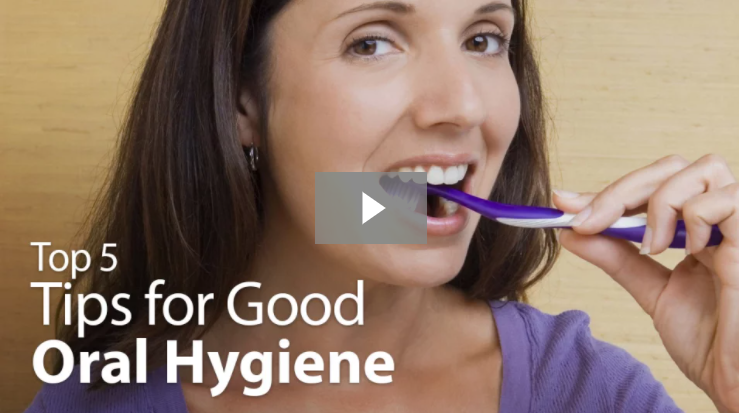Top Five Tips to Good Oral Hygiene

Good oral hygiene is indispensable if you want to maintain a bright, charming smile that will spruce up your social life both at work and at home. Keeping a healthy gum will also help you avoid gum diseases, cavities, and tooth decay that can undermine your peace by causing pain and discomfort.
If you think your teeth are doomed for decay, these five tips will help you keep sound oral health and give your breath the boost it deserves.
Use an antibacterial mouth rinse
From minty flavors to teeth preservatives, an antibacterial mouth rinse is your one-stop solution when intending to revert your oral breath for good.
Rinsing your mouth once every two weeks will help kill the harmful bacteria that reside between your teeth and tongue.
While some mouthwashes will strengthen your teeth, some variants will only help you combat tooth decay, gum disease, and bad breath. Be sure to check the contents of your mouthwash and the scope of functions they’re made for before splurging.
Use a very soft toothbrush
A brush with soft bristles effortlessly gets into the nooks and crannies of your teeth for a competent wash. Plus, they are comfortable against the gum, hence helping minimize gum recession and tooth wear that contributes to tooth sensitivity.
If you prefer an agile clean, a soft brush will press onto your teeth without chipping your enamel. Knowing about the perfect angle for the bristles and whether to choose a single or multi-layered brush is a cherry top, so be sure to talk to your dentist.
Floss everyday
Every time you eat, a sticky film called plaque lurks into the gaps between your teeth, onto your enamel, and on the surface of your tongue.
If the debris is sticky enough, like when you eat candies, they can cause damage to your braces and rot your teeth when left to stay too long.
Flossing everyday removes plaque and food debris on the enamel, between your teeth, and underneath the tongue. And unlike brushing, flossing reaches for plaque lying deep between the teeth and removes it all.
Don’t brush too hard
While it’s good to brush daily for your oral hygiene, brushing too hard does more harm than good.
Too much pressure while using a brush with hard bristles can scratch your enamel and cause it to dent or chip. Should this happen, you’re likely to experience sharp pain when chewing and tooth sensitivity when taking cold water or drinks.
If your gums are receding, with tender, red spots, especially after brushing, too much pressure when brushing may be the cause.
See your dentist regularly
There’s no one-size-fits-all method to keep your dental hygiene a bar high. And since the bacteria inside your mouth vary from your friend’s, not all mouthwashes and oral treats that work for your friend will work for you.
Your doctor is the only person competent enough to recommend the best treatment and a brush that will not compromise your oral health.
Bottom Line
Regular dental checks help identify serious problems such as gum diseases, cavities, and decay at their early stage of development. Even more, the dentist will analyze the damage, do a thorough cleaning, and recommend subsequent combative measures. Schedule an appointment with us at Springvale Dental Clinic for a brighter smile.
Related Article: Oral Anatomy – An Internal Tour of Your Mouth



